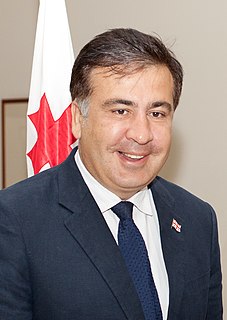A Quote by Rohini Nilekani
We have to get smarter about our cities. Especially when it comes to the most basic of public services - water supply.
Related Quotes
The procedure has a strange Alice-in-Wonderland quality. The reservoir was created as a public water supply, yet the community, probably unconsulted about the sportsmen's project, is forced either to drink water containing poisonous residues or to pay our tax money for treatment of the water to remove the poisons - treatments that are by no means foolproof.
The Indian elite send their children to expensive private schools, bypassing the public school system. They have their own infrastructure for water, with sumps to store it, pumps to lift it, and fancy filters to de-risk from erratic, polluted government water. Most access private healthcare to bridge the health services deficit.
I mean people -- people don't get -- they don't get smarter about things that get as basic as greed and you can't stand to see your neighbor getting rich. You know you're smarter than he is, and he's doing these things, you know, and he's getting rich, and your spouse is getting unhappy with you because you aren't doing -- pretty soon you start doing it. And so you get what I call the natural progression, the three Is. The innovators, the imitators, and the idiots.
Our budget also reflects key components of our campaign. It's very much focused on stabilizing public services, restoring stability to public services and investing in job creation and economic diversification and, generally speaking, acting as a cushion during this economy, something fundamentally different than what the other parties proposed in the last election.
In trading with each other cities can't be in too different stages of development, and they can't copy one another. Backward cities, or younger cities, or newly forming cities in supply regions, have to develop to a great extent on one another's shoulders. This is one of the terrible things about empires. Empires want them only to trade with the empire, which doesn't help them at all. It's just a way of exploiting them.



































